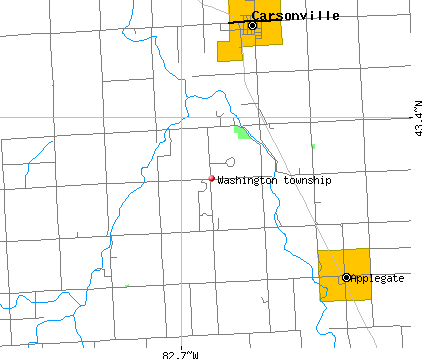

This means if a debt collector harasses you or makes false or misleading statements to collect rental debt, they may be breaking federal law. If a lawyer is representing your landlord, or a collection agency is trying to collect the back rent or utilities you owe, the lawyer or company may be considered a debt collector under federal law.įederal law says that debt collectors can’t use unfair or deceptive practices to try and collect a debt. When you owe money for rent or utilities and someone else is trying to collect the money, that person could be a debt collector. You may qualify for free legal aid, based on your income.Ĭontact your local bar association or legal aid How to deal with people collecting overdue rent or utilities If your landlord is threatening to evict you, or you need help understanding your rights, talk to a lawyer. Know your legal rights as a renter Legal help with evictions Find and contact your local public housing agency to learn more about your eligibility for a housing choice voucher.

You can use them for privately owned single-family homes, townhouses, and apartments. The vouchers can be used by families with low incomes, seniors, and people with disabilities.

Some HUD-approved housing counseling agencies offer low- or no-cost rental housing counseling. Housing counselors can help you find resources in your area and make a plan. Get year-round help with utility bills by contacting your local Low Income Home Energy Assistance Program (LIHEAP) office or calling the National Energy Assistance Referral Hotline at (866)-674-6327.


 0 kommentar(er)
0 kommentar(er)
